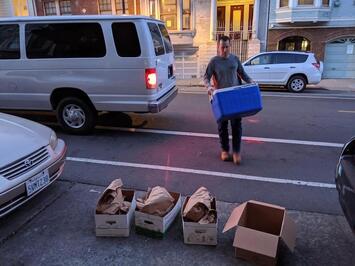
For years I’ve bought the majority of my meat and eggs from a farm family north of the city. Every two months Farmer Craig drives down in a refrigerated van and I fill my freezers with lamb, poultry, pork, and beef. I have a standing order for a gross of eggs (a dozen dozen = 144 eggs) which is a little less than two and a half eggs per day for two months. I like giving my money directly to the people who produce my food and the quality is excellent. Plus I like Farmer Craig and his wife Jen who are kind, relentlessly cheerful, and scrupulously honest.
Pre Covid there was a group spot where customers would gather to collect their orders. Once Covid hit Craig began delivering door to door for social distancing. His problem at that time was keeping up with the sudden spike in demand as more people wanted more of his products. We each adjusted by buying whatever was available and we managed without too much fuss.
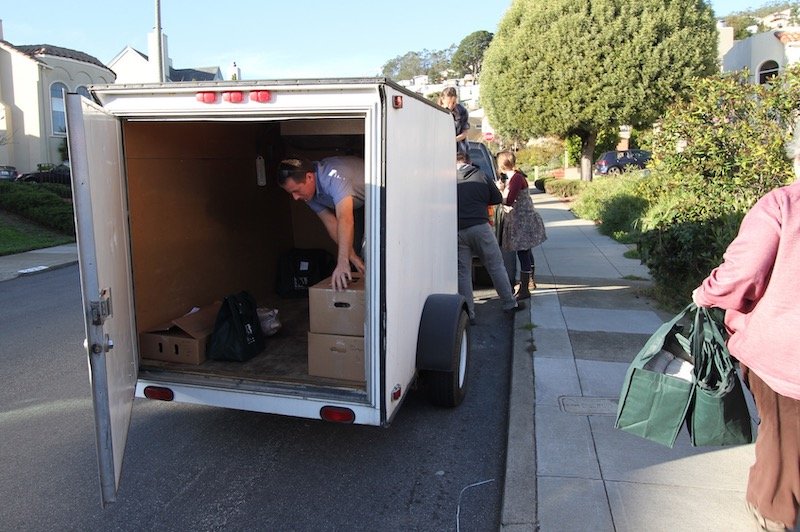
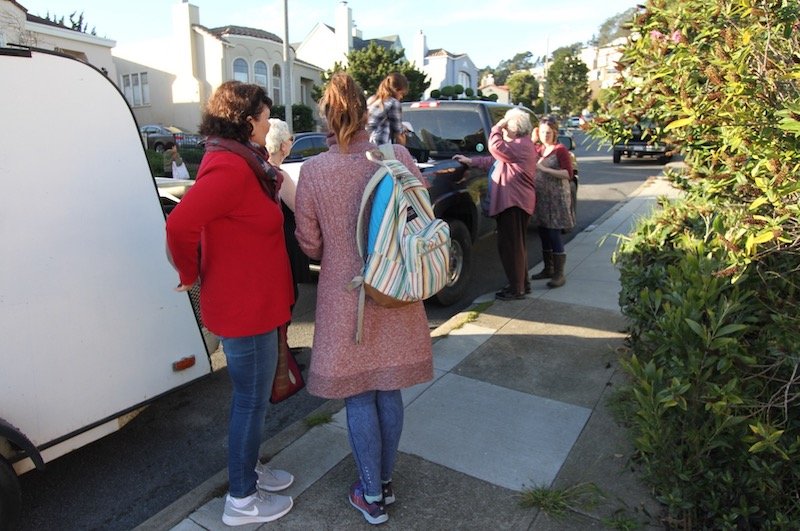
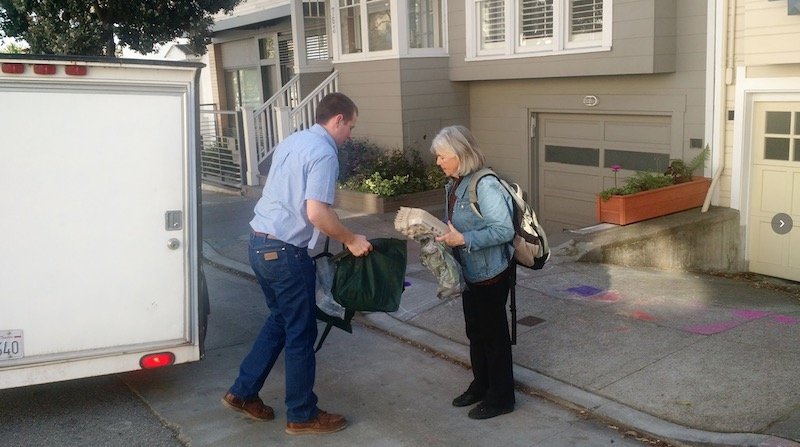
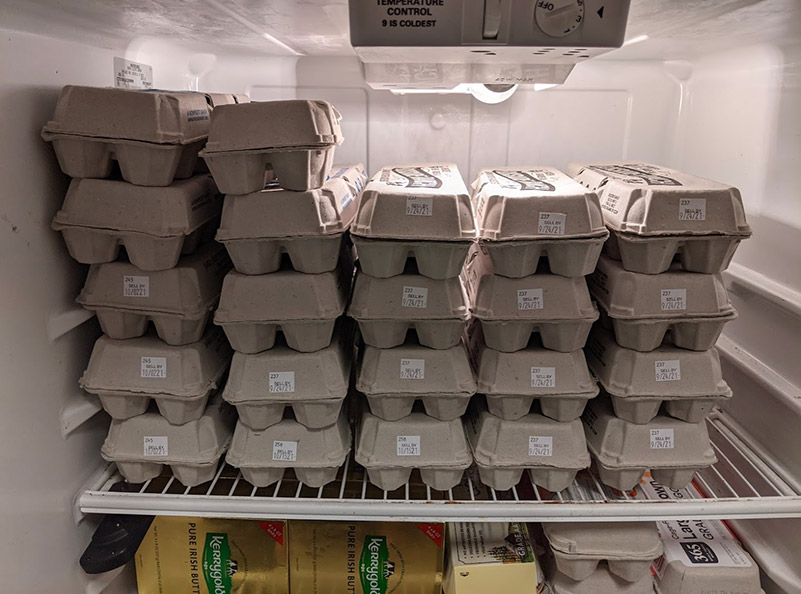
Last week we were scheduled for a regular delivery when the lady who keeps the books at the farm reached out to me. She explained that gas is so expensive at the moment that it doesn't make sense for Craig to make his rounds this time. Gas in and around San Francisco is north of $6 a gallon and diesel is creeping up toward $7. Americans have organized their affairs around much less expensive fuel and small businesses with thin margins are extra sensitive.
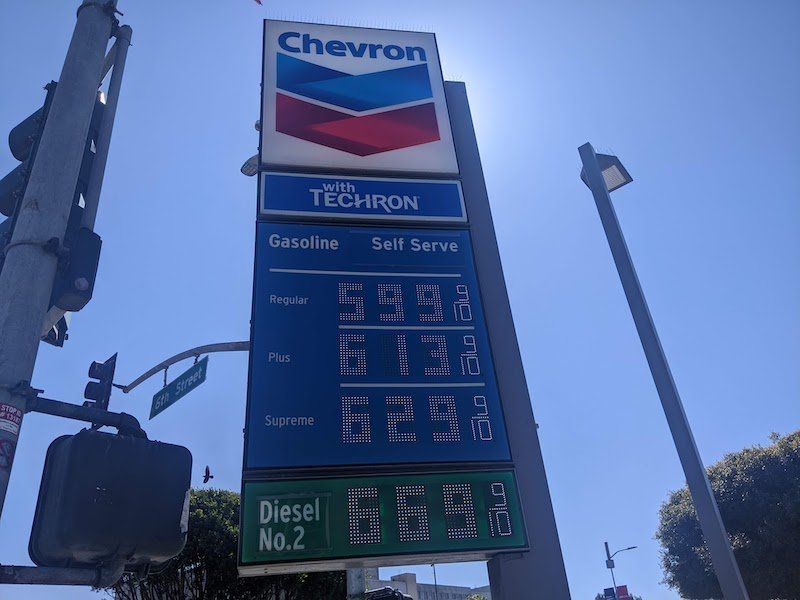
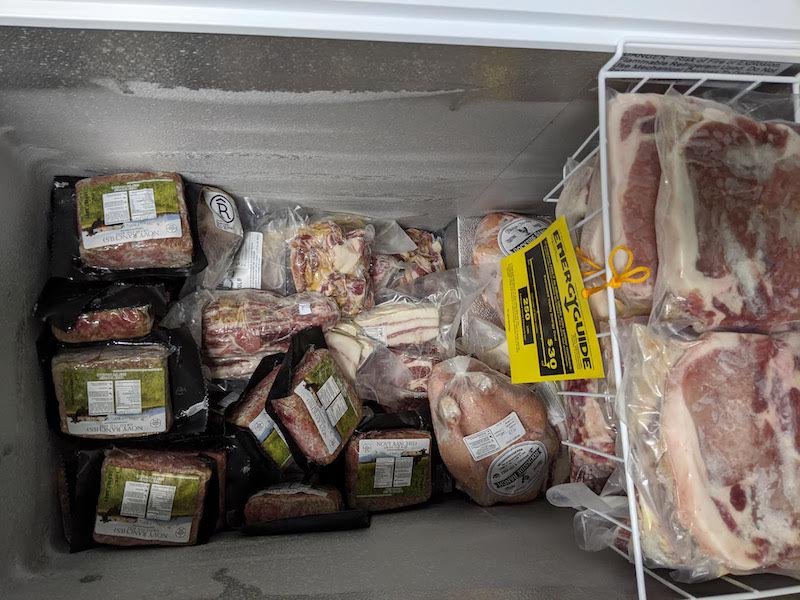
I have more than enough frozen meat to wait out the next delivery. While farm fresh eggs are seriously better than the supermarket variety from industrial suppliers, I can certainly manage until fuel prices drop or Farmer Craig adjusts his business model. I’m thinking there’s a lesson here for the larger economy. A global pandemic was good for business, but a marginal increase in fuel costs shuts everything down. That feels fragile to me.
Of course, Farmer Craig’s operation isn’t primarily about farming per se, although a lot of very good food is indeed produced as a by-product of what actually happens at the farm. Mostly he and Jen are in the business of taking in troubled youth through his Christian ministry at Rockside Ranch. Farming is a vehicle for clean living, structure, and redemption. That business is thriving these days so perhaps they can ride out a little oily patch. But it points to how small family farms aren’t stable or profitable enough to survive as freestanding operations. In this case food production is an elaborate side hustle.
This piece first appeared at Granola Shotgun.
Johnny Sanphillippo is an amateur architecture buff with a passionate interest in where and how we all live and occupy the landscape, from small rural towns to skyscrapers and everything in between. He travels often, conducts interviews with people of interest, and gathers photos and video of places worth talking about (which he often shares on Strong Towns). Johnny writes for Strong Towns, and his blog, Granola Shotgun.












